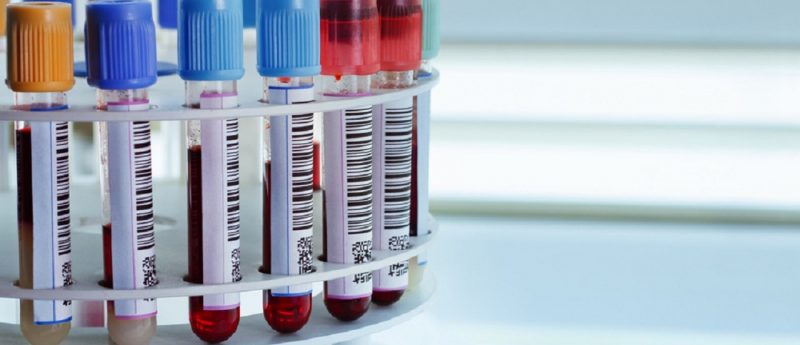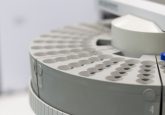Microfluidic device developed for point-of-care blood cell counts

Blood cell counts are regularly employed in primary health care. Hematology analyzers are the current gold standard and are used in hospitals and laboratories; however, they are large, expensive and require trained technicians and sample transportation, limiting accessibility in resource-limited settings.
Recently, a team at the University of Illinois at Urbana-Champaign (UIUC; IL, USA) has developed a biosensor to determine red blood cell, platelet, white blood cell and its three-part differential counts at the point-of-care, using only 11 µl of blood. Their work is presented in the December 2015 issue of Technology.
The microfluidic device utilizes electronics to count the different types of blood cells based on their size and the properties of their membranes. In order to count white blood cells and their differentials, red blood cells are selectively lysed and the remaining white blood cells counted.
To determine the type of the white blood cell, multifrequency analysis, which involves probing the membrane properties of the cells, was employed. For red blood cells and platelets, 1 µl of whole blood is diluted with phosphate-buffered saline on-chip and the cells are counted electrically. In total, the time for measurement is under 20 minutes.
“Our biosensor exhibits the potential to improve patient care in a spectrum of settings. One of the compelling [examples] is in resource-limited settings where laboratory tests are often inaccessible due to cost, poor prevalence of laboratory facilities, and the difficulty of follow-up upon receiving results that take days to process,” noted Rashid Bashir (UIUC), Principal Investigator on the paper.
The team behind the device noted that translation of the technology will allow individuals with minimal to no medical experience to use the device. Patients could even perform the test at home and then share results with health care professionals.
The team is now working to develop a first portable prototype of the cell counter. “The cartridges will be disposable and the size of a credit card. The base unit or the reader will be portable and possibly hand-held. Our technology has the potential to reduce the cost of the test to less than US$10 as compared to US$100 or more currently charged,” said Umer Hassan (UIUC), lead author of the paper.
Sources: A Microfluidic Biochip for Blood Cell Counts at the Point-of-Care; Hassan U, Reddy Jr B, Damhorst G et al. A microfluidic biochip for complete blood cell counts at the point-of-care. Technology. DOI: 10.1142/S2339547815500090 (2015)





